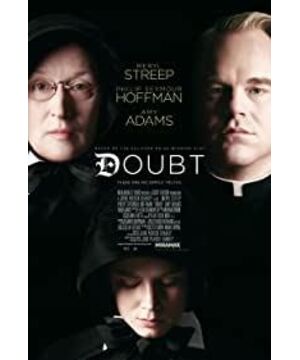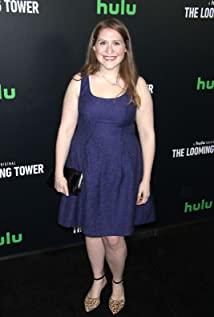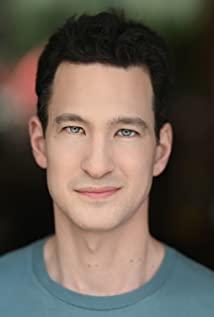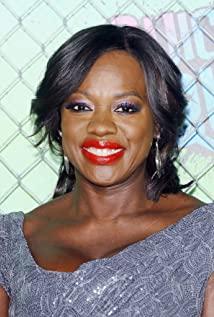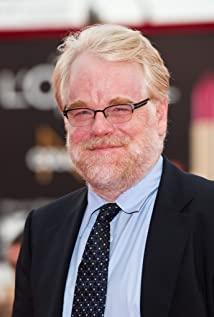In the 1960s, in a Catholic church in the Bronx, New York City, Father Flynn (Philip Seymour Hoffman) was cheerful and humorous. He emphasized the dialectical relationship between doubt and faith in his preaching. He was a reformist in the diocese and strongly accepted The first black student in the history of a church school. Confronting Father Flynn is the conservative nun Beville (Meryl Streep), who advocates authoritative scholarship, does not laugh at all, and implements strict discipline and punishment mechanisms. She is an "iron-faced principal".
Father Flynn’s special care for black students aroused Sister Bevel’s suspicion. Coupled with the "testimony" of the innocent and kind young nun Jacob (Amy Adams), Sister Beville decided to confront her boss, Father Flynn. It is at all cost to prove Father Flynn’s sexual harassment of the boy-but Sister Beverly has no evidence. All she upholds is her own paranoid beliefs...
Compared to the overall plot development of the film, I opened the film to Father Flynn. The sailor shipwreck story told during the sermon is more interesting: the sailor who survived the shipwreck followed the lifeboat on the sea for 20 days. The starlight is bleak and his mind is blurred. I don't know if he still has a chance to live. Father Flynn summed up his statement and said:
"Now there are faith crisis victims in the church who fully understand this story. I want to tell you: doubts can be as strong and lasting as convictions and connect us to each other. When you feel confused, You are not alone.”
Judging from the sermon on this topic, the theme of the film will probably revolve around how people relate to each other in doubts and struggles. The dispute between Sister Beville and Father Flynn is indeed basically the same; but As a speech with such an important starting point, it only mentioned that doubt and faith can be as powerful, but did not further analyze the relationship between the two. This seems to imply that in addition to weaving character confrontation, the remaining films should also let doubt and faith follow. The character's emotional struggle rises up, and the two spiritual forces confront each other head-on, revealing its deepest irreconcilable contradiction. However, the film has no intention of this after the narrative is over. The white space is not an unfinished aftertaste, but a pity that has not been explained thoroughly.
What puzzles me even more is to show my doubts in the context of religious beliefs—you must know that the basic level of "belief" cannot be shaken in the religious world. First believe in the will of God, and then do the will of God. Especially in the Christian system, no matter what sect, if you don't recognize the existence of the God system and don't believe that the Bible is an oral proverb of God, then you are not a sincere people of God. The 2007 sensational movie "The Man from Earth", it was precisely by completely destroying the divinity of Jesus and degrading God to man, it caused a devastating blow to the characters in the play who believed in the doctrine. Going back to "Child Abuse Suspicion", Father Flynn specially emphasized the meaning of doubt. Is his starting point just to gain popularity by showing weakness? At the end, the performance of Sister Bevell, the headmaster of the iron face, once again demonstrated the inevitable doubt. Isn't this fundamentally contradictory to faith itself? If the conversion to faith is a journey from doubt and hesitation to faith and firmness, then "Child Abuse and Suspicion" is a retrograde path, and if you go down this path, you will "unbelieve" or have doubts with shallow reservations. Faith is the only possible result; even in other words, at this time, “faith” has been out of its original literal meaning, it is nothing more than one of the “answers” that people face the unknown universe; since all the answers are explained Interpretation can only be aimed at a certain aspect of the problem. Since diversity is the ultimate "world truth", then there is no so-called "right or wrong", "black and white"; further, since we can only see the world In the limited side, what is the real irreconcilable contradiction that has to make you crush me and I suppress you? At the same time, the big theme of doubt is brought up by Father Flynn, who should have been a firm believer. Is this a deliberate irony of religion, or an unintentional introduction to the plot?
Although I like to leave blank, but in the end feel that the narrative process of the film is too conservative without any hint. After all, the "Tibet" in the story is never true. You have to give the viewers a corner window and a door, and you almost get lost in front of you. And from the beginning to the end, there is a stern and true hesitation who refuses to reveal his sincerity, and not to deal with the censorship of the radio and television. Is there any unspeakable concealment, such as religious suppression?
Except for the lack of translucency of the theme, the two super-powerful old drama bones in the film, Meryl Streep and Philip Seymour Hoffman, who have both won the Oscar for Best Actor Award, are tit-for-tat you and me. The rivalry scene is as exciting as the two masters Hua Shan Lunjian, full of tension and urgency. Especially for Mei Gu, all gestures are a play. There are furious determination and hesitation in thought; there is both the authority and the softness of the hard shell. The character of Sister Bevel, who is easily masked, is portrayed in a rich layer by her. The characters are full of dynamics, and there are exaggerations in the stage drama when they break out; the subtleties are properly handled, which fully reflects the arc of the film performance.
Although "Child Abuse" strives for perfection in its performance, the story as a whole has not been able to break away from the limitations of the stage play, and it has not been able to fully utilize the advantages of the artistic expression of the film. The transition of the film's setting is very limited and the space is relatively narrow; and the "doubt" as the title has not been spread out, and it is still centered on the theme of religious belief, which makes the philosophical themes that could have universal significance suffer. Because of the limitations, it is difficult to resonate with audiences outside the belief system.
From this point of view, "Child Abuse Suspicion" began in a drama, and ended up in a drama.
View more about Doubt reviews


